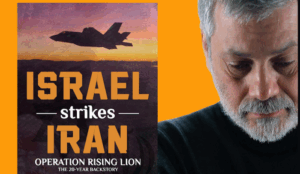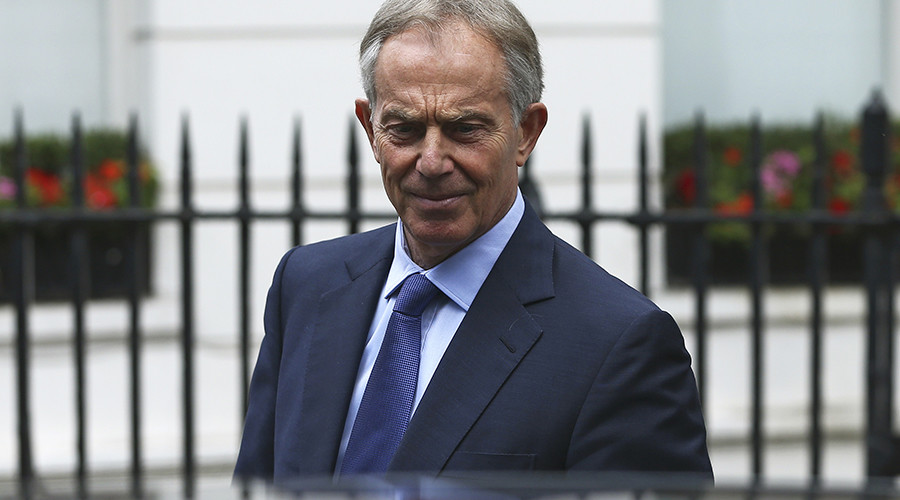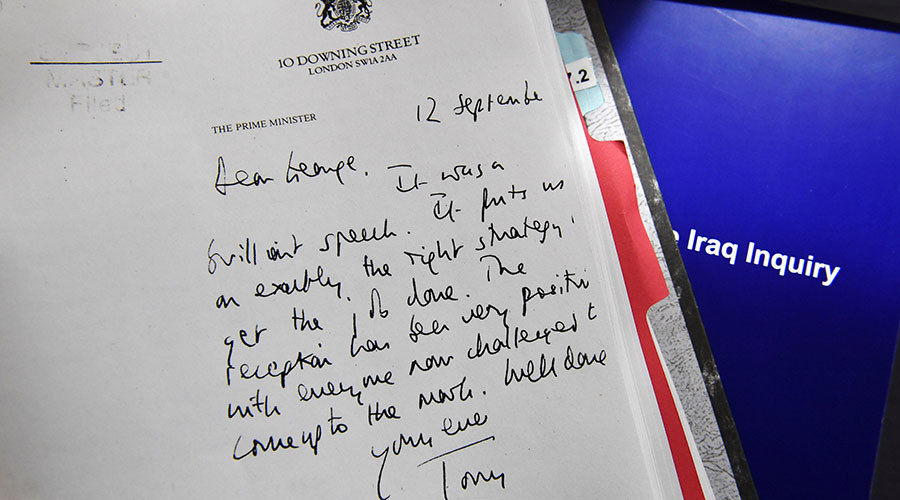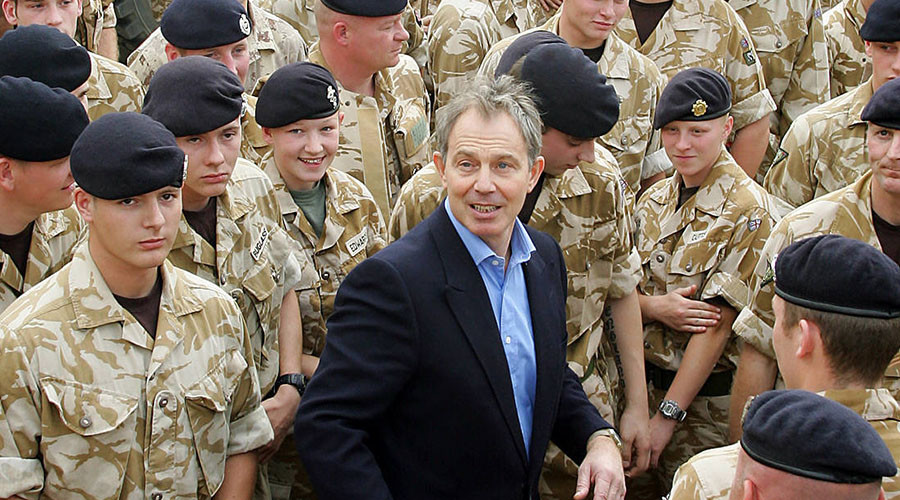Round Two for Iran’s Nukes
The Lion Does Not Sleep Tonight
It took more than 20 years of meticulous planning and practice for Israel to launch Operation Rising Lion. The Jewish State used every tool it could muster, from the clandestine forces of Mossad to its mighty air arsenal. It took almost two decades for America to develop the munitions and delivery system to finish the job. But more than mere munitions, it was the mental trigger that made the 12-Day War an explosive reality.
The turning point for Israel was October 7, followed by the frightening certitude that Iran was just two weeks from nuclear readiness. Iran’s warhead, developed with the help of Ukrainian nuclear scientist Vyacheslav Danilenko, was an R-265 shock generator assembled in two hemispheres, its surface lined with 5-millimeter channels stuffed with PETN configured to simultaneously implode with massive force from all directions, transduced into an exploding bridgewire fuse connected to a neutron initiator primed to emit a neutron into the metalized 90-percent U-235 sphere at its core to ignite the chain reaction, producing a mushroom cloud just as the Shahab-3 rocket carrying the warhead reached 550 meters above its target. The bomb prototype had been tested with tungsten in a giant bomb chamber equipped with special high-speed cameras for review. In 2024, the International Atomic Energy Agency (IAEA) detected particles of uranium enriched to 83.9 percent — basically equivalent to the weapons-grade 90 percent requisite for a nuclear explosion.
In a final flurry of murderous engineering, Iranian scientists at the Semnan Missile Site north of Tehran were trying to affix these warheads to an exospheric Ghaem-100 space-launched missile, which could attack Israel from above at an especially hard-to-intercept oblique angle.
Israel’s worried realizations fused into action under “The New Conceptzia.” The Old Conceptzia died on October 7, 2023. The New Conceptzia, born on October 8, 2023, held that it was better to be alive than to be loved, and that the manners and mechanisms of midtown Manhattan would not work in a volatile Middle East which had been slitting throats for centuries. As for America, its resolve reached a turning point on January 20, 2025, when Donald Trump took the oath of office.
Unquestionably, Operation Rising Lion and Operation Midnight Hammer obliterated Iran’s nuclear program. Iran’s three central nuclear linchpins — Fordow, Natanz, and Isfahan — suffered the 30,000-pound percussive power of 14 GBU-57 Massive Ordnance Penetrators, 30-plus submarine-launched Tomahawk missiles, and hundreds of Israeli air assaults. More than 10,000 sensitive centrifuges, plus enrichment and bomb assembly facilities, were utterly destroyed.
For all intents and purposes, the missing cache of 400 kilograms (881 lb.) of 60-percent HEU would be useless unless it could be further enriched to 90 percent by additional cascades of IR-6 centrifuges and metalized into a core for further machining in a long elaborate process that would take years to reassemble. That said, the frightening footnote is that 90 percent HEU is only required for warheads that are miniaturized to fit into a missile nosecone. If Iran wanted to build a larger bomb, the size of a VW bus, for example, only 20 percent would be needed. How much? 400 kilograms. How much is missing? 400 kilograms.
Putting aside the fallacious, low-confidence initial bomb damage assessment that spoke of a nuclear bomb process disrupted for mere months, experts at the IAEA, the CIA, Israel’s intelligence community, and top independent nuclear weapons watchdogs all agree the damage created years of forced disruption of Iran’s nuclear program. Its nuclear enterprise has indeed been halted. But for how long?
What everyone wants to know is whether Iran is actually willing to call it quits, or whether it is heaven-bent on restarting and completing its mission to destroy Israel. For those who know the “Twelver” mindset, which envisions the return of the Twelfth Imam, it is clear that the fanatical Shi’a regime will never give up just because it has sustained humiliating kinetic damage inflicted by Israel and America.
Nor will Tehran desist now that it knows it was fundamentally alone in its 12-Day War. The Axis of Resistance, embodied by Hezbollah in Lebanon, as well as Hezbollah offshoots in Syria and Iraq, Houthis in Yemen, Hamas and Palestinian Islamic Jihad in Gaza, and branch operations in the West Bank, fell almost completely silent during the conflict. Israel had subdued or neutralized them all in advance. Ironically, this ring of terrorist organizations was, in large measure, constructed and funded with more than a billion dollars in windfall from the now-defunct Joint Comprehensive Plan of Action (JCPOA). When US President Barack Obama and his Secretary of State John Kerry forced the fatal pact through the international community and the American Congress, they both knew — and both admitted they knew — that the towers of money gushing into Iran’s coffers would fund terrorists devoting to killing Jews, and as a bonus, assuredly provide a bomb within 15 years. They also knew that with cheating, this 15-year timeframe could shrink to a mere decade. That meant 2025. This means now.
Yet, as the smoke clears and the rubble is fully visualized, the fanatical theocracy in Iran shouts that it will rebuild its program and try once again to construct and deliver its weapons of mass destruction.
Iran’s parliament approved a measure banning all cooperation with the IAEA. This bill was approved by non-elected members of the Guardian Council, thus becoming law; although in a loophole, the law permits future inspection if authorized by the Supreme National Security Council. When the measure was ratified, Parliament Speaker Mohammad Baqer Qalibaf promised Iran’s nuclear program would be reconstituted. IAEA inspectors, fearful for their safety, exited Iranian territory in early July 2025.
In their post-war rage, the ayatollahs have issued a fatwa beseeching anyone to murder Donald Trump. In an effort to discover all the epithelial embeds of Mossad, which still maintains a vast array of operatives and unseen operations in Iran, the Tehran regime arrested more than 700 “suspects,” rushed to execute seven of them just three days after the war, imposed a nearly complete internet blackout, and begun randomly stopping citizens the street and confiscating their phones. Nuclear engineer Rouzbeh Vadi admitted to his spy activities for Mossad in a televised confession and was then quickly executed at 4 am the next morning without a formal trial or notification to family. Among the targets for random roundups and executions were Jewish Iranians and anyone uttering a syllable of criticism toward the authoritarian regime. Ordinary Iranians are now leaving their phones at home and living in fear of the knock at the door.
Iran is desperate to save face, save its program of death and destruction, and save its regime from the 70 percent of Iranians who reject the theocracy. In the throes of dislocation and desperation, on August 11, 2025, Tehran president Masud Pezeshkian has somewhat broken with the mullahs, telling media executives that it would be futile for Tehran to rebuild its nuclear facilities because Trump would just bomb them again. This realism prompted the Tasnim News Agency, controlled by the Islamic Revolutionary Guards Corps, to issue a quite rare public condemnation. In an editorial, Tasnim scolded, “When the enemy hears these words, what decision will they make and what impression will they form of Iran?” It added that such talk proffers a “weak and desperate” view of the ayatollah regime. Other regime-friendly print and broadcast voices joined in the condemnation. All this potential fragmentation just illuminates how desperate Iran is, and how desperate its recourse my become.
While Fordow, Natanz, and Isfahan are indeed collapsed and shattered, Iran may try to reconstitute its demolished centrifuge manufacturing capability at any of 24 of other decentralized nuclear installations. These may be burrowed into mountains, such as the Pickaxe facility, located a short distance from Natanz, or be covertly installed in an ordinary barn, or in the massive hold of an oil tanker. Iran has militarized several converted oil tankers, including the IRIS Makran, the IRIS Kurdistan, and the Shahid Bagheri. Tehran could even consider secretly relocating part or all of its bomb-making process to a renegade territory such as Yemen.
Two things can be true at once. Yes, Iran’s nuclear capability was obliterated, and the brain trust behind it killed off. But what has been obliterated can be reborn. Any fanatical, apocalyptic regime that has spent decades and billions of dollars and endured global sanctions and national stagnation to engineer weapons of mass destruction can and will be willing to reconstruct its projects and harden its obsession. Therefore, so long as there is no regime change in Tehran, so long as its mullahs remain devoted to mass murder, so as long as the world permits it, we might well see Iran’s nuclear program return — or perhaps see another method of death and destruction not yet envisioned.
Iran has coyly agreed to negotiate on its nuclear program, but only if its right to enrichment remains sacrosanct, which itself is an explicit, if indirect, pledge to resume building a bomb. IAEA experts have been invited to return to Tehran for so-called “technical talks,” with no access to sites. At the same time, Tehran has just relocated its remaining nuclear scientists and their next-generation replacements to a secret location where they can work and live 24×7 away from their identifiable homes and the risk of Israeli reach.
Resuscitation of the suffocated Axis of Resistance is now underway. Hundreds of millions of dollars are being funneled through Turkey to rebuild Hezbollah’s attack capabilities, even at the risk of sparking another civil war with a bold new Lebanese government that demands Hezbollah disarm. We now even hear Iran deny that a ceasefire with Israel was ever reached — only a Hudna (mutual pause in military action). What’s more, Iran has tried to fabricate a “victory legend” in which it falsely describes its conduct of the war as triumphant.
Yet, President Donald Trump and Prime Minister Benjamin Netanyahu have repeatedly promised to strike again if they see signs of a reconstituted program. Netanyahu loudly warned, “We will treat Iran’s nuclear program like a cancer that needs to be constantly monitored and possibly treated again.”
True, the White House has been implying that some sort of a peace agreement with Iran may be in the offing. But no one expects Iran to honor any negotiated commitment, just as it refused to honor the JCPOA. So, the diplomatic verbiage is just ephemeral, sort of a clause between declarations of force.
Salient in all the discussions is that both the Israeli and American administrations remain skeptical — and laser-focused on Iran’s promised resumption of its nuclear chess game. Tehran has already announced that its newly-appointed head of the armed forces would remain anonymous for his own protection. Mossad was quick to issue a message: “Know that we know his actual name and are well acquainted with him.”
The Rising Lion will not sleep tonight. Israel’s leadership and the halls of Trump’s White House know that the goblets of victory are not half full; they are half empty.
BOOK LAUNCH TRAILER:
*****
Edwin Black is the award-winning, New York Times-bestselling author of IBM and the Holocaust and the just-released scoop volume Israel Strikes Iran: Operation Rising Lion: The 20-Year Backstory, which can be found at IsraelStrikes.com. He hosts The Edwin Black Show podcast.
==============================================================================













